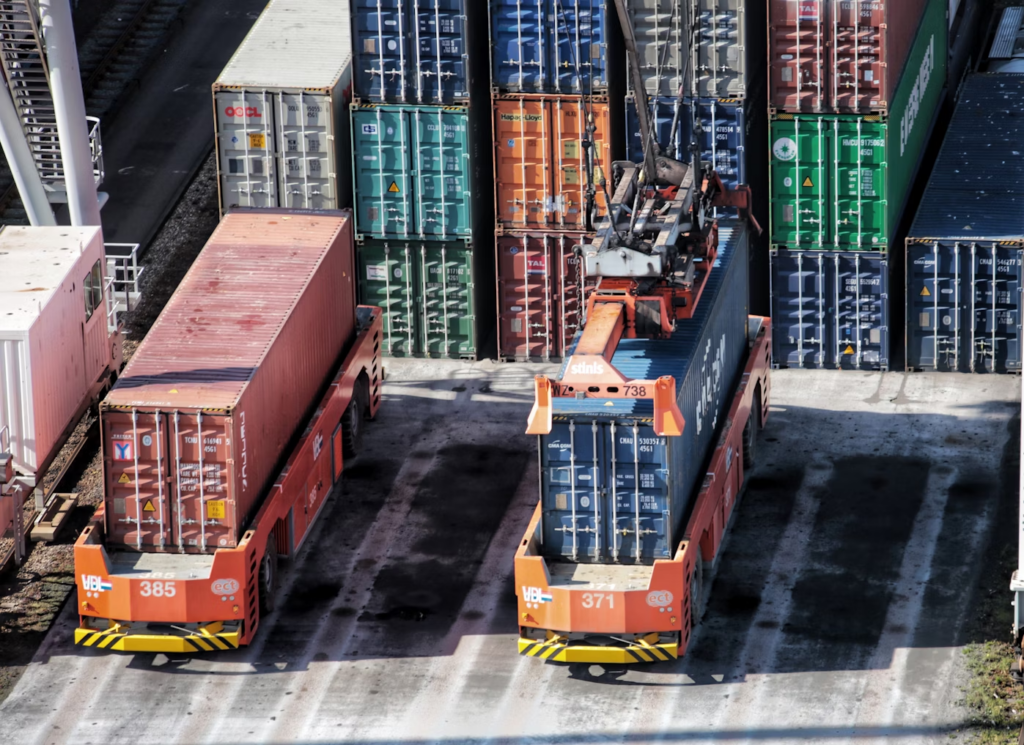Freight forwarding constantly changes due to economic shifts, technology, and customer requirements. This article shares the top trends that will shape the future of freight forwarding.
Changes in demand
The current market is facing declining demand for freight along with increasing capacity. According to the International Shipping Association, global container volumes are expected to increase by 3-4% in 2024.
This means increased competition in the market for companies. Some ways to achieve this are providing immaculate customer service and additional value-adding services. Businesses will also do their best to establish efficient working processes to maximize profitability.
Geopolitical tensions and climate change
In 2023, we saw how many unfortunate events shaped the logistics industry. 2024 we will see more climate changes and geopolitical issues impacting the industry. These factors will contribute to higher shipping costs due to restricted supplies, restricted transportation routes, and delays in production.
According to research, natural disasters such as wildfires, hurricanes, and droughts will be more frequent in 2024. We saw how the low water levels in the Panama Canal affected the supply chain in 2023. We saw rising global tensions and expectations for newly emerging ones, which could potentially disrupt the supply chain worldwide. With these challenges, the freight forwarders need to be more flexible and agile and have enhanced visibility to foresee the events that can result in disruption. Also, they need to be equipped to buffer the negative outcome of those problems.
Consolidation
The logistics industry has been active in terms of acquisitions and mergers. We saw that trend since the beginning of the pandemic, and it will continue through 2024. This year, consolidations are expected to be even stronger. In the dynamic market, small and independent forwarders will consolidate to protect their interests. Large companies without a niche will have problems trying to catch up with competitors and will have issues with investments. However, large forwarding companies will use this chance to acquire their competitors.
Sustainability
We have seen how sustainability impacted various industries, implementing changes to meet market needs. In 2024, sustainability will be important for the transportation industry. With efforts to decarbonize this sector, this purpose will have low restrictions. For example, the European Union implements reporting and disclosure requirements, and others are following this example. The International Maritime Organization is also putting efforts into optimizing gas emissions. As this is a huge trend, companies are trying to implement sustainability practices in their work operations. However, there are a few challenges associated with this. Customers might not be keen on accepting the additional costs that such practices bring.
Digitalization
In 2023, companies understood the importance of digitalization. Greater visibility in the supply chain is needed, and more companies are investing in technology to stay competitive.
Digital software brings so many advantages for freight forwarding companies. With access to real-time data, they can foresee issues and come up with solutions to crises. In addition, this helps optimize the supply chain and helps the decision-making process. Many will agree that digitalization is a significant investment, and not every company might have the funds for it. However, implementing the latest technology is a must. According to our research, about 76% of the companies felt that not investing in digitalization would have a serious negative impact on their business.
Final thoughts
The changes in 2024 are evident, and freight forwarding companies need to adapt to them. Digital technology’s unsustainability offers opportunities, and companies shouldn’t underestimate them.

